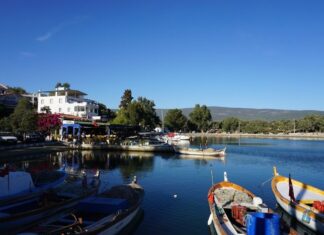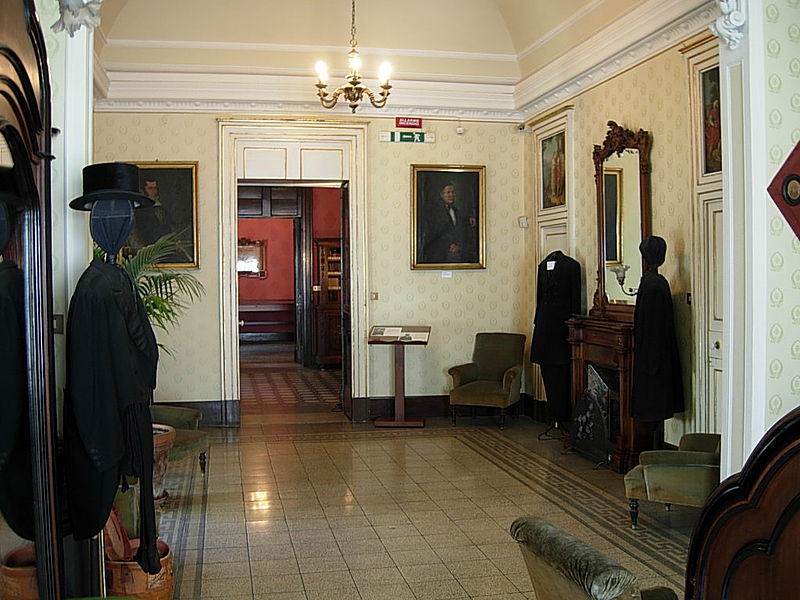Saksagan
A Brief Account of Early Travels in Southeastern Europe
This text is the title and dedication of a travel book published in London in 1673. The book was written by Edward Brown, a...
Introduction to the Bibliography
This bibliography brings together important books and academic studies about Bulgarian history, politics, culture, literature, and society. The listed works were written by Bulgarian...
The Structure of the National Assembly
Under the Communist Constitution, Bulgaria has only one legislative body, called the National Assembly. This is different from the system in the Soviet Union,...
The Splendor of Ancient Corinth
A Golden Age of Wealth and Power
In the golden age of Greece, about four hundred years before Christ, Corinth stood as one of the...
Corinth a Town of Beauty History and Myth
A Beautiful Location by the Gulf
Modern Corinth enjoys a beautiful setting at the head of the Gulf of Corinth. The water is a deep...
Old and New Corinth
From Ancient Glory to Modern Life
The Ancient City of Corinth
Old Corinth, once visited by St. Paul three or even four times, was one of...
The Good News Reaches Miss Stone
Two days after the ransom was paid, Miss Ellen Stone received a letter from Dr. House. The letter was delivered by the brigands while...
Secrecy Demanded by the Brigands
The kidnappers, or brigands, made very specific demands before accepting the ransom. First, they insisted that the payment be made in gold coins, not...
The Kidnapping of Mme
Branzian and the Ransom Agreement
Mme. Branzian, a French woman, was kidnapped in the year 1896. The people who took her demanded a ransom of...
Protestant Efforts to Support Education in Bulgaria
Raising Funds for Samakov Schools
The Protestants in Bulgaria are working hard to raise money to support the schools in Samakov. They believe that these...












